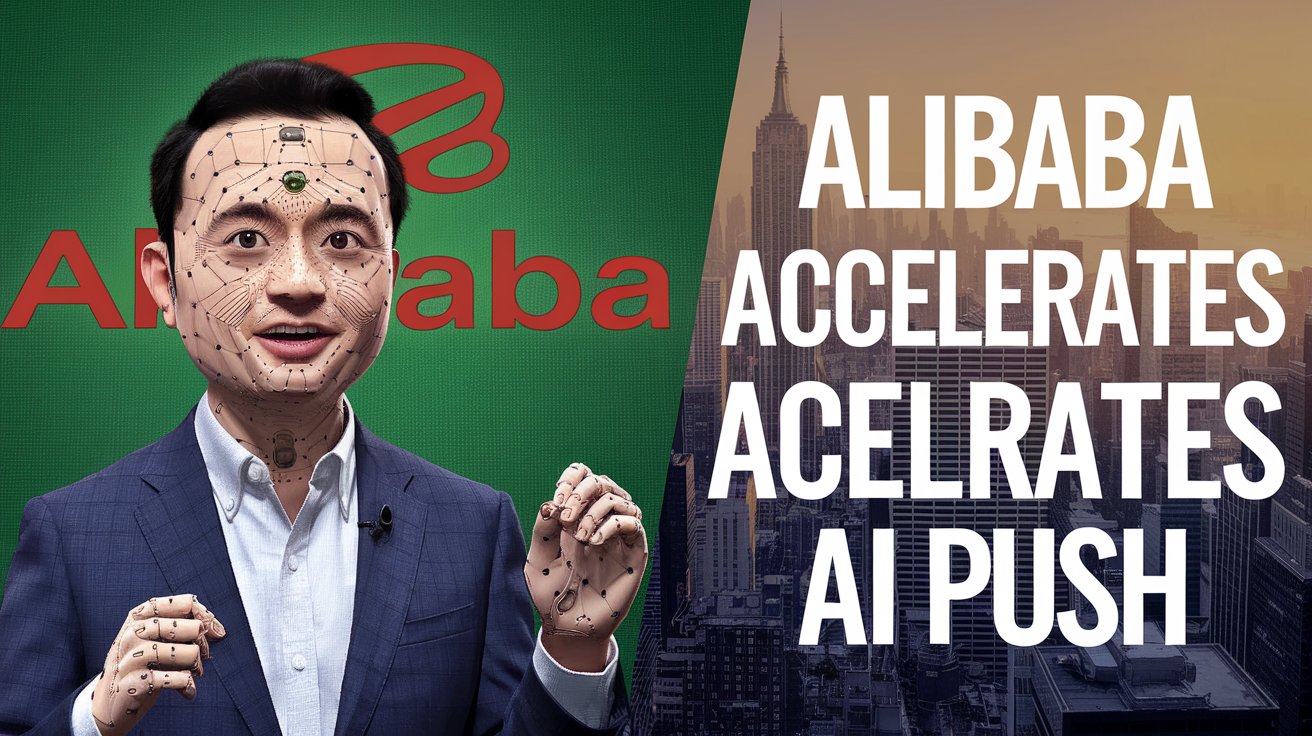
Chinese tech giant Alibaba has ramped up its generative AI efforts with the release of over 100 new open-source artificial intelligence models and cutting-edge text-to-video technology. The company made the announcement on Thursday, showcasing advancements aimed at bolstering its competitive edge in the rapidly growing AI sector.
The new models come from the Qwen 2.5 family, Alibaba’s latest foundational large language model, originally released in May. These models range in size from 0.5 billion to 72 billion parameters, showcasing capabilities in fields such as mathematics, coding, and multilingual support for over 29 languages. This variety reflects Alibaba's intent to apply its AI models across a wide spectrum of industries, including automotive, gaming, and scientific research.
While many competitors, such as Baidu and OpenAI, have adopted more closed-source approaches, Alibaba has taken a hybrid path, developing both proprietary and open-source models. This strategy allows the company to diversify its AI offerings and cater to a broader audience in the generative AI market.
Additionally, Alibaba introduced a new text-to-video model as part of its Tongyi Wanxiang image generation family. This move signifies the company’s foray into the emerging market of AI-driven video generation, putting it in direct competition with global leaders like OpenAI. The release of text-to-video AI is particularly notable, given the rising demand for such technology in content creation, marketing, and entertainment.
Alibaba’s decision comes shortly after ByteDance, the parent company of TikTok, launched its own text-to-video app Jimeng AI for Chinese users via Apple's App Store in August. The intensifying competition among Chinese tech firms mirrors the global race to develop next-generation AI products.
Alibaba’s strategic expansion into text-to-video AI, combined with its open-source model releases, positions the company as a key player in the AI landscape. As companies worldwide invest heavily in generative AI, Alibaba’s open-source approach could prove crucial in fostering innovation and adoption across industries.
This latest development underscores the fierce competition between Chinese and U.S. firms as they race to dominate the generative AI market, while pushing the boundaries of AI capabilities.